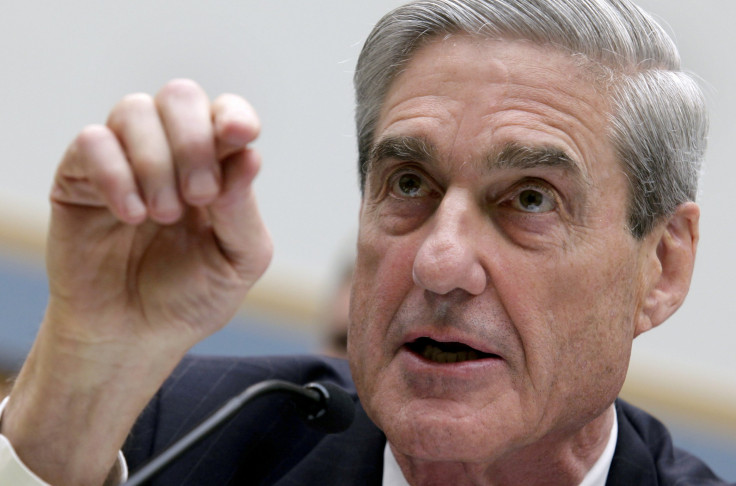Mueller Report: Does Special Counsel Fear Politicizing Russia Investigation By Testifying?

Special Counsel Robert Mueller apparently does not want to appear political after two years of investigating President Trump and possible Russian interference into U.S. elections, and that may be holding up public hearings, sources say.
CNN reported the special counsel’s team has expressed reluctance in his testifying publicly, and some suggest the hearings be conducted in private. But Democrats made clear on Tuesday closed hearings were off the table, for now, given the magnitude of the investigation.
Report: Mueller Reluctant to Publicly Testify, Fears Being Viewed as "Political" https://t.co/R5MtjPzYNV
— Dan Bongino (@dbongino) May 21, 2019
House Judiciary Chair Jerrold Nadler, D-N.Y., repeatedly called for Mueller to appear publicly and has indicated he will subpoena the special counsel if necessary.
While Nadler did not comment on Tuesday when asked if a closed-door session was acceptable, other Democrats have claimed Mueller testimony outside the public eye is not sufficient.
“This is an investigation that was done on behalf of the American people after our democracy was attacked by a foreign adversary,” said Rep. David Cicilline, a Democrat from Rhode Island and member of the Judiciary Committee.
“They have a right to see the results of the investigation and really hear from the individual who led it.”
Mueller, a U.S. Marine veteran, former U.S. Attorney in San Francisco, and the sixth director of the FBI from 2001 to 2013, was responsible for disallowing FBI agents to participate in enhanced interrogations conducted by the CIA during his tenure.
While negotiations between Congress and the special counsel continue, there is little chance Mueller will testify either publicly or privately before June, since the Memorial Day recess begins on Friday.
#BREAKING: Justice Dept will give House Intel Mueller probe material if Schiff drops Barr contempt threat https://t.co/u3Ob3Bn2ll pic.twitter.com/BqwspFxriH
— The Hill (@thehill) May 21, 2019
At the same time, the Justice Department, in a three-page letter to House Intelligence Chairman Adam Schiff, D-Calif., offered the committee a less-redacted version of the first volume of the 448-page two-volume report if the committee did not pursue enforcement action against Attorney General William Barr.
Assistant Attorney General Stephen Boyd said DOJ would release more of the intelligence and counterintelligence portions of the report, which Schiff has indicated were of primary interest to the committee.
“To be clear, should the Committee take the precipitous and unnecessary action of recommending a contempt finding or other enforcement action against the Attorney General, the Department will not likely be able to continue to work with the Committee to accommodate its interests,” Boyd wrote.
The top Republican on the Judiciary Committee, Doug Collins of Georgia, said during an "empty chair hearing" in the absence of former White House Counsel Donald McGahn who ignored a congressional subpoena, said he didn’t believe there was much urgency among Democrats for Mueller to testify.
"The real question is should we have an inquiry that looks into whether there have been high crimes and misdemeanors, and I think there's been such overwhelming evidence presented to us" in Mueller's report of "presidential obstruction of justice," @RepRaskin tells @JudyWoodruff pic.twitter.com/RImTsR6WKF
— PBS NewsHour (@NewsHour) May 21, 2019
"We've subpoenaed the documents, we've subpoenaed the underlying documents, we've subpoenaed stuff that we can't get, but the one thing that we seem to avoid is Mr. Mueller himself, the one who wrote it," Collins said.
He argued the committee has asked for a Mueller appearance since April, “But every time we seem to get close to Mueller, Mueller just gets pushed on a little bit.”
Collins said he would support a subpoena to compel Mueller to Capitol Hill.
One complication may be that despite Mueller finishing his $40 million investigation in April, he still reports to work almost daily at the Justice Department.
Nadler suggested Mueller’s continued employment made him “more subject to (DOJ) discipline” than if he was a private citizen.
“The report is finished,” Nadler said. “I don’t know why he is still there.”
© Copyright IBTimes 2024. All rights reserved.





















